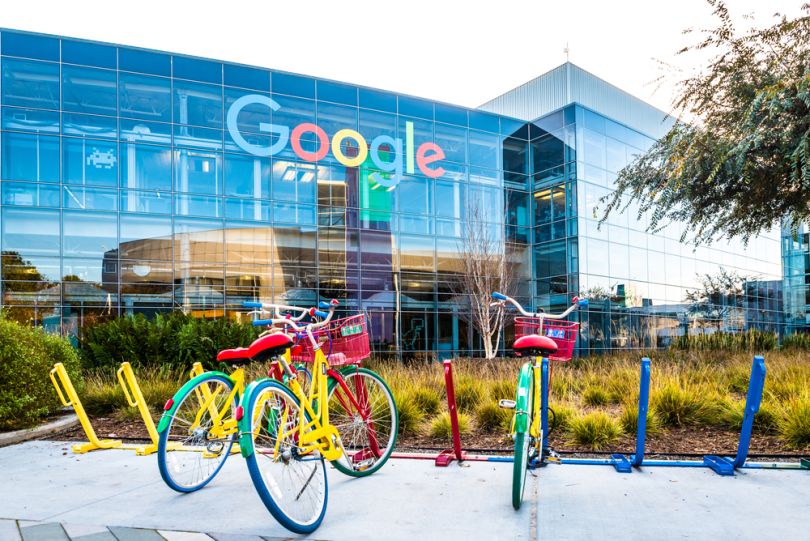
It seems as though the U.S. is poised to reopen much sooner than imagined. Despite a resurgence in virus cases across the country and looming lockdowns taking place across the pond, Bay Area tech leaders have their eyes set on returning to the office.
For a while it seemed as though the tech giants of Silicon Valley were leading a work-from-home revolution. Early last year, many corporate leaders, including those from Apple, Twitter, Facebook and Square, said that their employees could opt to work from home indefinitely.
Google initially announced one of the longest timetables for its return-to-office plan, with a reopening date set for June of this year.
The global tech giant is now opting to let its employees return to the office in April. The company announced last week that its employees can return, vaccinated or not, on a voluntary basis. Google didn’t specify how many employees would be permitted inside its offices.
According to internal documents obtained by CNBC, Google also said that, after September 1, employees who want to work remotely more than 14 days per year must formally apply for it.
Google appears confident that the era of office-centricity isn’t dead. Last month, the company announced plans to open new offices and data centers in 19 states across the country. The expansion plan entails a $7 billion investment and some 10,000 new full-time Google jobs.
In March, another Bay Area tech leader announced its plans to reopen. Uber said its employees could return on a voluntary basis until its office spaces reach 20 percent capacity.
A number of companies, like Salesforce and Amazon, have previously spoken out in favor of “hybrid” models. Allowing for employees to work remotely a number of days out of the week. Now though, those policies might change.
“Our plan is to return to an office-centric culture as our baseline. We believe it enables us to invent, collaborate, and learn together most effectively,” Amazon said in a March 30 blog post.
Still, though, other Bay Area tech leaders remain hesitant. Cisco and Intel, for example, don’t plan to reopen until July or August, according to the Silicon Valley Business Journal. And last year, buzzy fintech unicorn Brex announced it would be a “remote-first” company going forward.
The announcements from both Google and Uber couldn’t be timelier. Several counties in the Bay Area recently moved into California’s “orange” reopening tier, allowing non-essential offices to reopen at 25 percent capacity. To add, last month California Governor Gavin Newsom announced plans to open up vaccinations in the state to all adults over the age of 16 on April 15.
While the future of remote work remains foggy, one thing remains clear. The rest of the tech industry still relies on Silicon Valley to set the standard.



